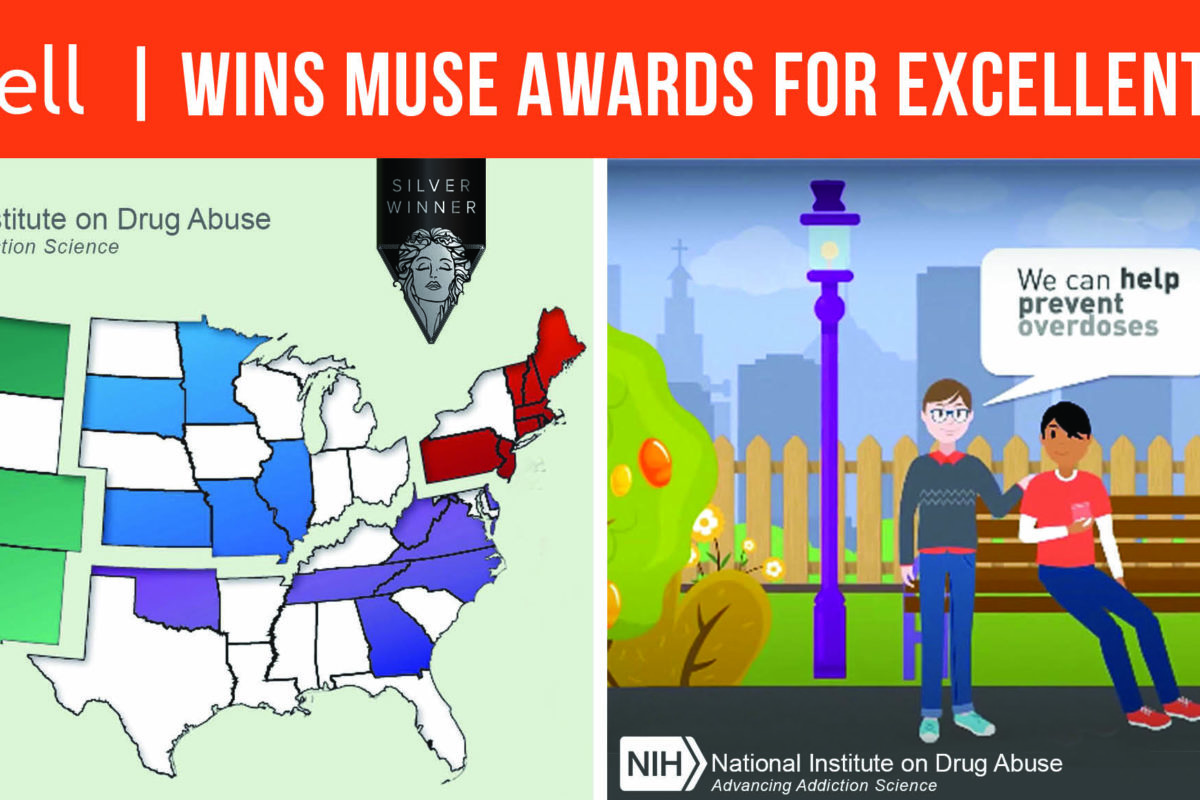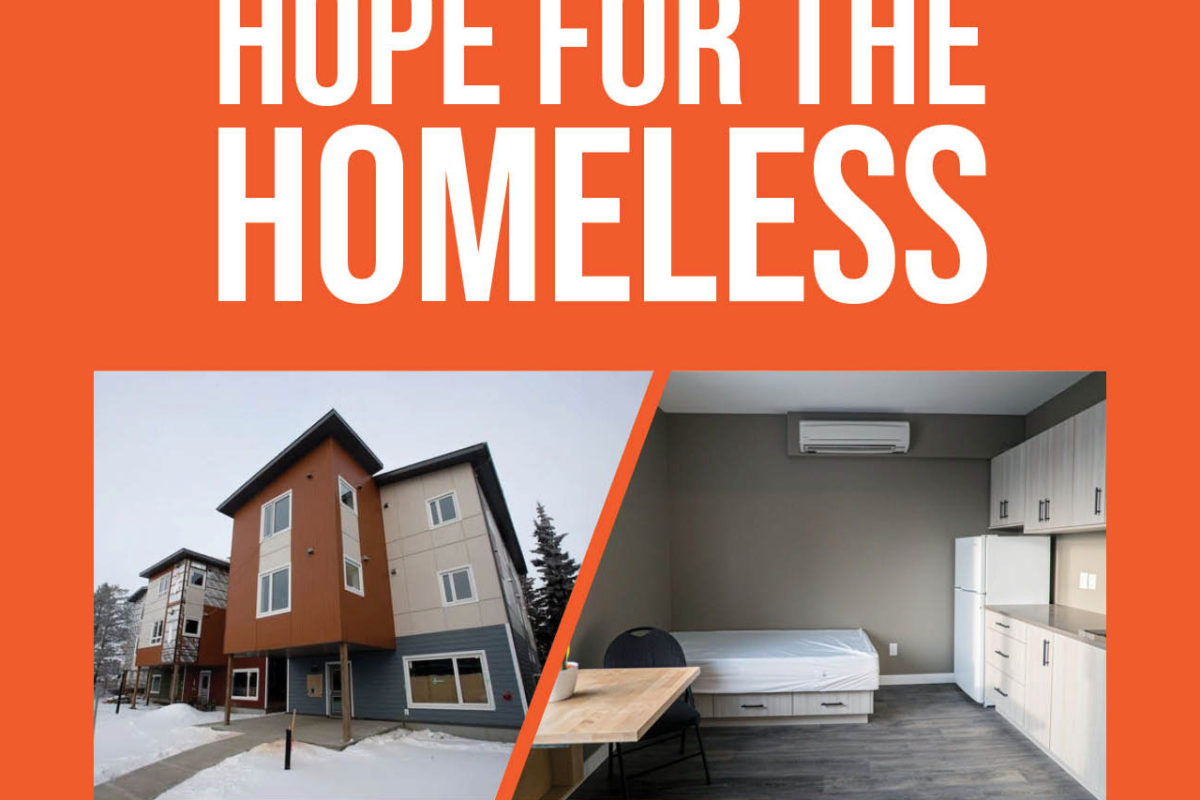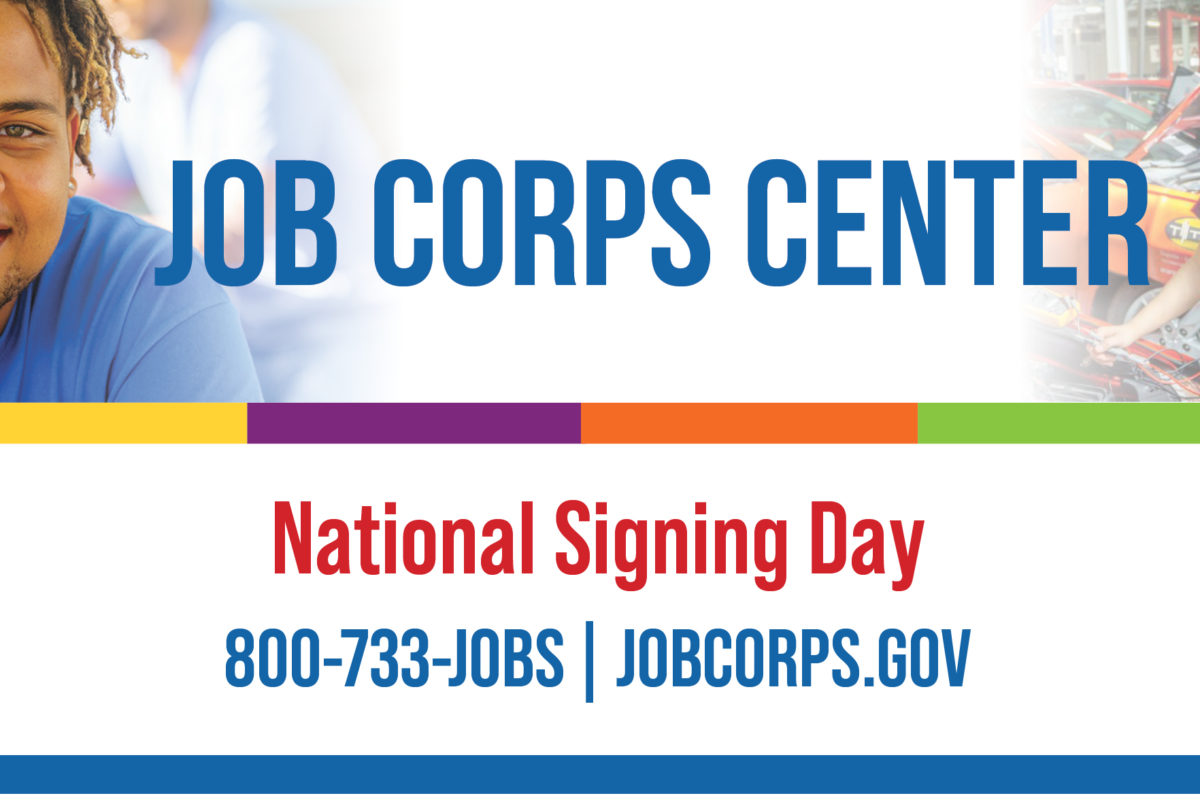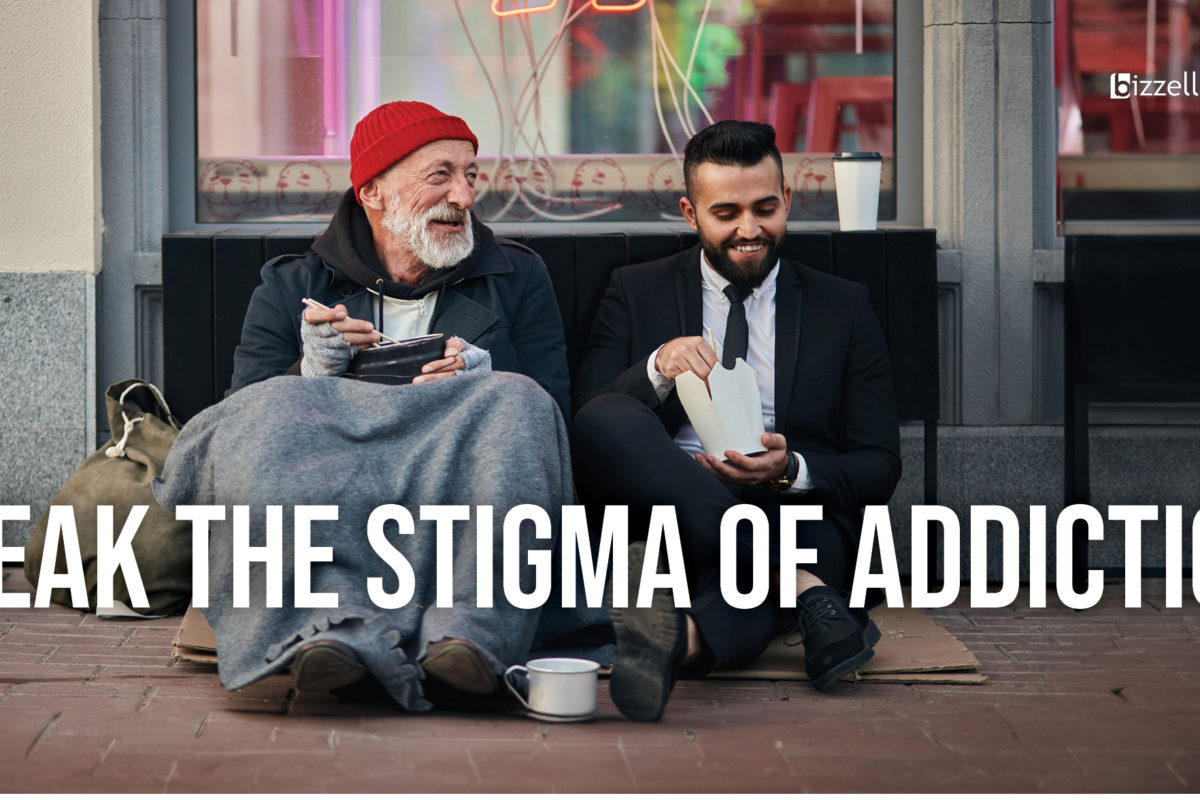Recovery: Breaking the Stigma of Addiction
By Bizzell Editorial Staff
Deadbeat. Druggie. Drunkard. Hopeless. These words are still part of the stigma associated with the disease of addiction. And, unfortunately, feeling stigmatized can make people with substance use disorders (SUDs) less willing to seek treatment . September is Recovery Month, a time dedicated to inspiring hope and raising awareness that recovery from SUDs is possible. This month carries significant meaning for many individuals, families, and communities as a time to honor those recovering from the disease. Those in recovery serve as beacons of hope, shining light on the many challenges faced by millions and highlighting the successes achieved through resilience, determination, and support. Breaking down the stigma associated with SUDs is a vital purpose of celebrating Recovery Month.
Stigma is the prejudicial attitudes and discrimination that people battling SUDs often face. Examples of stigmatic behavior can include inaccurate or unfounded beliefs that people with SUDs are dangerous, incapable of managing treatment, have moral or value failures, or are otherwise at fault for their condition. The Johns Hopkins School of Medicine is removing these barriers by providing guidance and resources to help families navigate existing stigmas and help them avoid perpetuating negative stereotypes. By openly discussing recovery pathways and sharing stories of healing, we can foster an environment where people feel safe to ask for help and access needed support.
According to the National Institute on Drug Addiction (NIDA), stigma affects people with from SUDs by:
- Reducing the willingness of individuals to seek treatment.
- Leading others to feel pity, fear, anger, and a desire for social distance from the person due to stereotypes.
- Influencing language, e.g., “alcoholic,” that negatively impacts the perceptions of healthcare providers.
Shatterproof is a leading national organization dedicated to combating the stigmatizing effects of addiction. They share best practices and resources to positively impact individuals and families grappling with addiction. Examples include:
- Change your Language
- Take a Pledge
- Crisis Resources
- Resources for Family & Friends
- Resources for Peers
- Treatment Resources
- Resources for Loss
Recovery Month also sheds light on the significance of accessible and effective treatment options for SUDs. Advocates use this month to raise awareness about the importance of evidence-based quality care, early intervention, harm reduction and the elimination of barriers to treatment. Addiction is a condition that can have a devastating impact on young adults, but it is often not treated effectively.
According to the 2021 National Survey on Drug Use and Health, 94 percent of people aged 12 or older with a substance use disorder did not receive any treatment. Nearly all those with a substance use disorder who were not treated at a specialty facility did not believe that they needed treatment. Organizations such as Young People In Recovery (YPR) are mobilizing efforts to address the imbalance in care. YPR embraces all pathways to recovery including 12-step, harm reduction, medication-assisted treatment, and others to help young adults struggling with addiction.
Bizzell is committed to supporting those in their recovery journey. Earlier this year, we published “Peer Recovery Support Services: A Promising Approach to Combat Substance Use Disorders.” This spotlight describes how peer recovery support services are used to extend the capacity of healthcare workers and to offer ongoing SUD treatment. Bizzell continues to partner with federal agencies to address these issues through a variety of avenues. Through our work with NIDA’s Clinical Trials Network, we produced online educational resources on topics related to screening, fentanyl overdose prevention, and treatment for methamphetamine use disorder.
As September unfolds, remember that healing is possible, and hope is ever-present. Recovery Month encourages us to look beyond the challenges and setbacks, focusing instead on the strength and resilience that lie within each individual and their families and communities. Here are four things you can do to help #StoptheStigma of addiction:
- Educate yourself and others about addiction and recovery. The more people understand about addiction, the less likely they are to stigmatize those in recovery.
- Use person-first language. Instead of saying “addict” or “alcoholic,” say “person with an addiction” or “person in recovery” to focus on the person, not their condition.
- Challenge stigma when you see it. If you hear someone making a negative comment about addiction or recovery, use the opportunity to educate them about how their comments are harmful and offer a more accurate perspective.
- Be supportive. Let people facing SUDs know that you are there for them and consider offering practical help, such as rides to meetings or childcare.
References:
[1] Hadland, S. E., Park, T. W., & Bagley, S. M. (2018, May 7) Stigma associated with medication treatment for young adults with opioid use disorder: a case series. Addict Sci Clin Practice, 13(1),15. doi: 10.1186/s13722-018-0116-2. PMID: 29730987; PMCID: PMC5937046.




